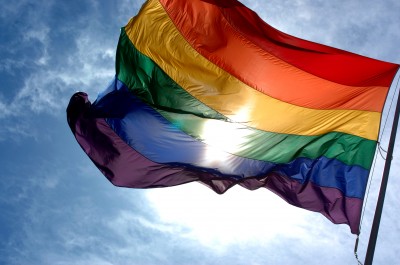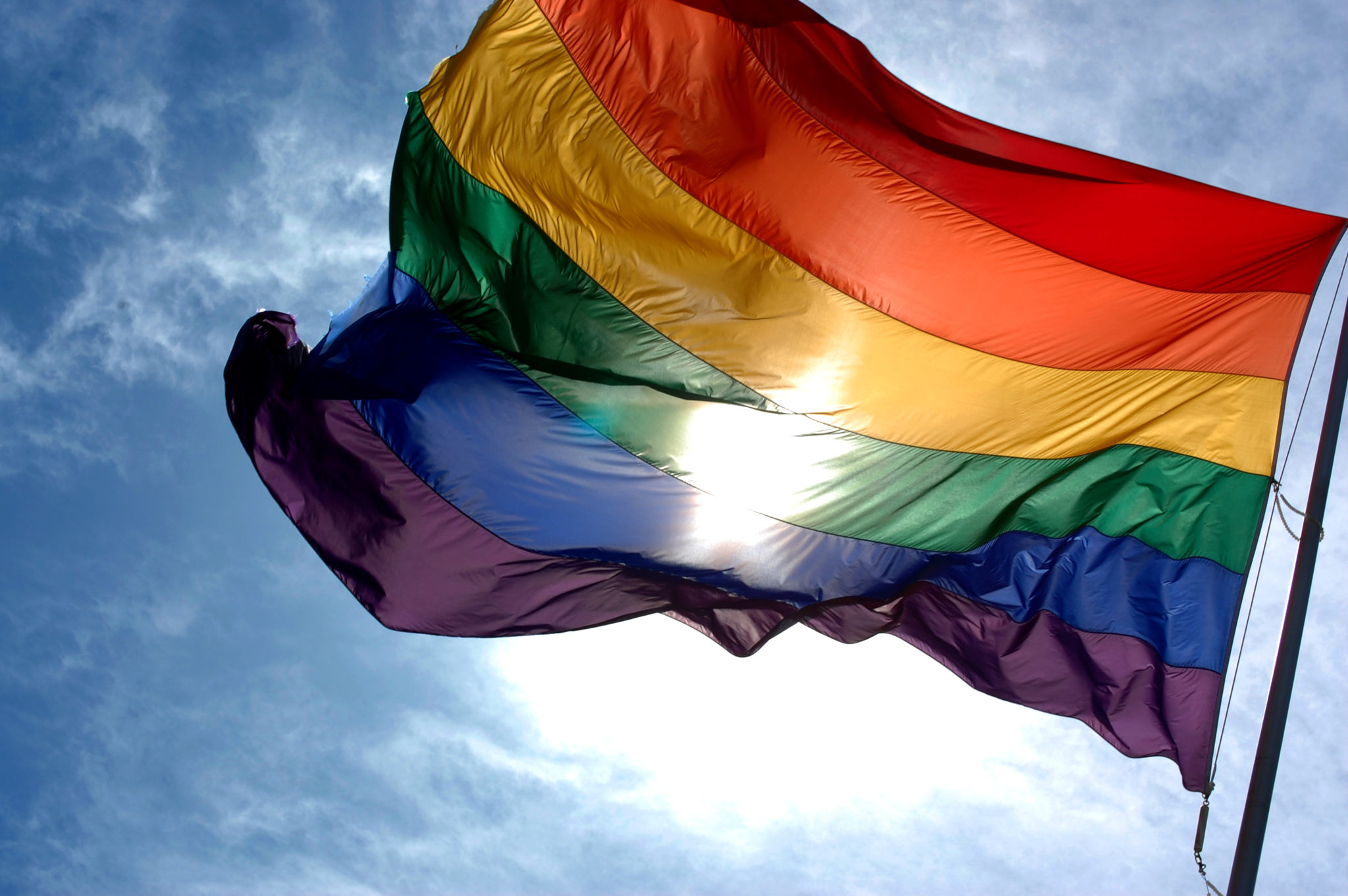
The past couple of weeks have been slow on the car news front but great for LGBT Americans.
We scored marriage-equality victories in Maryland, New Jersey, and Washington, and when Chris Christie vetoed that New Jersey bill, he was roundly, soundly booed for being on the wrong side of history (as we now say). What’s more, if the recent Prop 8 verdict stands, it would seem that once couples begin marrying in Maryland and Washington, there’ll be no going back.
Even better, a U.S. District Court in California declared the controversial 1996 Defense of Marriage Act — which prevents federal recognition of same-sex marriages by agencies like the IRS — to be unconstitutional. Naturally, John Boehner & the Bigots have appealed, and the case will likely be challenged all the way to the Supreme Court. It’s an encouraging start. Hopefully, those working to remove that act will get in contact with some top appellate lawyers to help them appeal the act in court. This should increase their chances of getting the act removed, allowing LGBT Americans to have some equal rights to other Americans. Hopefully, that case will be fought soon.
Oh, to be a fly on Maggie Gallagher’s wall right now.
But we have to wonder: why the sudden movement? Why this lurching forward? It may have something to do with Millennials, who are beginning to come into their own, and whose decidedly pro-LGBT marriage stance is beginning to play out in the larger culture.
That effect is perhaps most visible in the workplace, where it’s increasingly common for businesses to draft non-discrimination policies to protect their LGBT employees. Here’s a quote from a recent issue of The Economist:
What caused this corporate revolution? Pressure groups such as HRC and Britain’s Stonewall can take some of the credit. But mostly it happened because changing attitudes in society at large have reduced the cost of being gay-friendly, and raised the rewards. A generation ago in the West, creating a gay-friendly workplace might have upset heterosexual staff. Now it probably won’t. But failing to treat gays equally is very likely to drive them to seek employment elsewhere. Since they are perhaps 5-10% of the global talent pool, bigotry makes a firm less competitive.
So, it seems like we’re experiencing a perfect pink storm: more LGBT individuals are coming out of the closet because more of their straight counterparts either accept or don’t care about their sexual orientation. There are even gay dating sites appearing, making it easier for LGBTQ+ individuals to interact with one another. Eventually, those LGBT individuals want — and win — the same rights as their straight colleagues. And then, things begin to snowball.
The shift in mindset has been thrown into sharp relief over the course of the Republican presidential debates, which have ratcheted up the debate on social issues like marriage equality. All of the major candidates except Ron Paul (who’s not perfect on LGBT issues, either) have come out swinging against same-sex marriage and said that they’d support a constitutional amendment to protect “traditional marriage” — whatever that means. In turn, they’ve been criticized by many of their fellow GOPers for veering so far to the right, for being so out of step with an American public that is increasingly LGBT-friendly.
Of course, that’s not to say that President Obama has been front-and-center, pushing for marriage equality like New York’s Governor Cuomo (whom we should probably expect to see in 2016). He’s clearly, repeatedly hedged his bets. But you can’t argue the fact that Obama helped abolish “Don’t Ask, Don’t Tell”, and he has refused to defend DOMA in court. If Americans voted solely on social issues (note: we don’t), Obama might be looking at a near-certain victory come November.
We don’t mean to be overly optimistic. We know our LGBT history. We know that the community seemed poised for similar gains in the late 70s and early 80s, just as HIV/AIDS began to ravage our ranks and opened the door to decades of discrimination. Things can go wrong. Things we can’t predict.
But for now — whether we live in a state that has marriage equality or one that’s criticized for not having it — it’s a good time to be an LGBT American. Not a great time, but good.

Comments are closed.